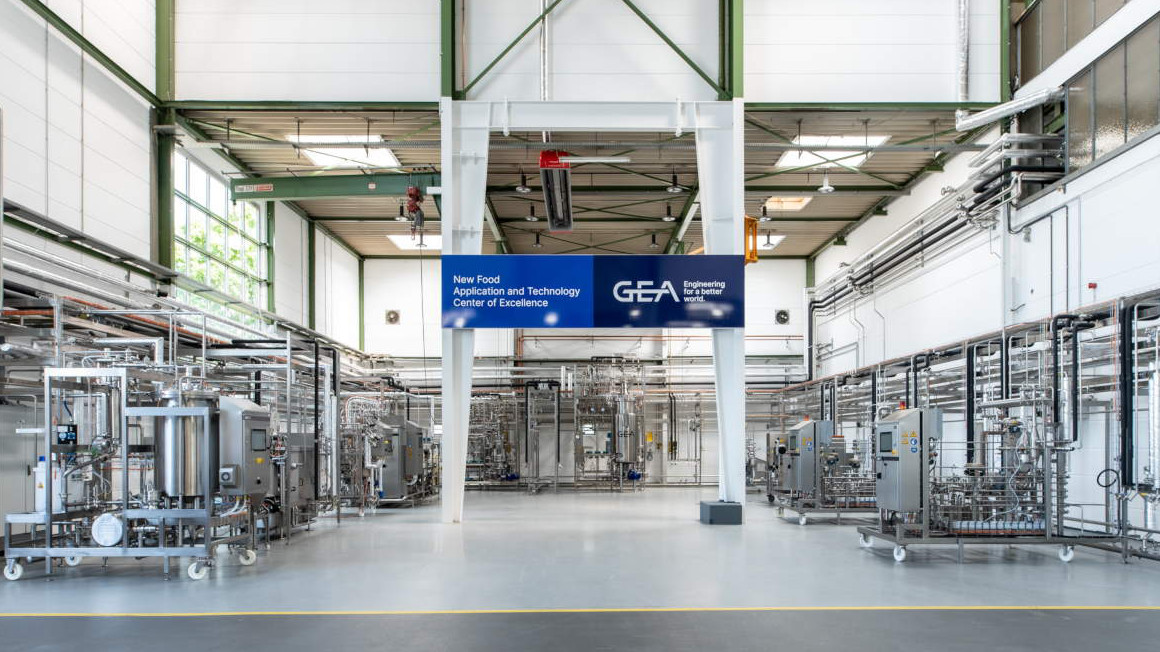GEA opens pilot plant in the USA
With the opening of a new technology centre in the US state of Wisconsin, Düsseldorf-based plant manufacturer GEA is taking a further step towards advancing food innovations based on alternative proteins.

Whether milk or meat substitutes, alternative proteins have become an important source of raw materials for the production of sustainable and healthy foods. These are not only plant-based proteins that can replace animal proteins, but also proteins that can be obtained using cell-based or fermentative processes. However, the path to producing such innovative foods is associated with numerous hurdles and risks for companies.
Accelerating development processes
With the New Food Application and Technology Centre of Excellence - ATC for short - Düsseldorf-based plant manufacturer GEA has developed a state-of-the-art facility to make such processes safer and more affordable, not only nationally but also globally. According to the company, the ATC aims to ‘support the industry in the rapid development of processes for a variety of potential new food applications’.
Two years ago, such a test platform was already put into operation in Hildesheim. With the opening of the ATC in Janesville, in the US state of Wisconsin, another pilot plant for alternative protein production is now being launched. After just one year of construction, the centre will be officially opened today, Tuesday (June 17), with a symbolic ribbon-cutting ceremony.
State-of-the-art test platform for alternative protein production
The facility has modern bioreactors, precision fermentation systems and technologies for upstream and downstream processing, which can be used to test and optimise processes for the production of alternative proteins and other novel food products. Flexible processing modules offer researchers, start-ups and large companies in the food industry alike the opportunity to test cell types, growth media and process parameters from laboratory scale to industrial production volumes.
bb


